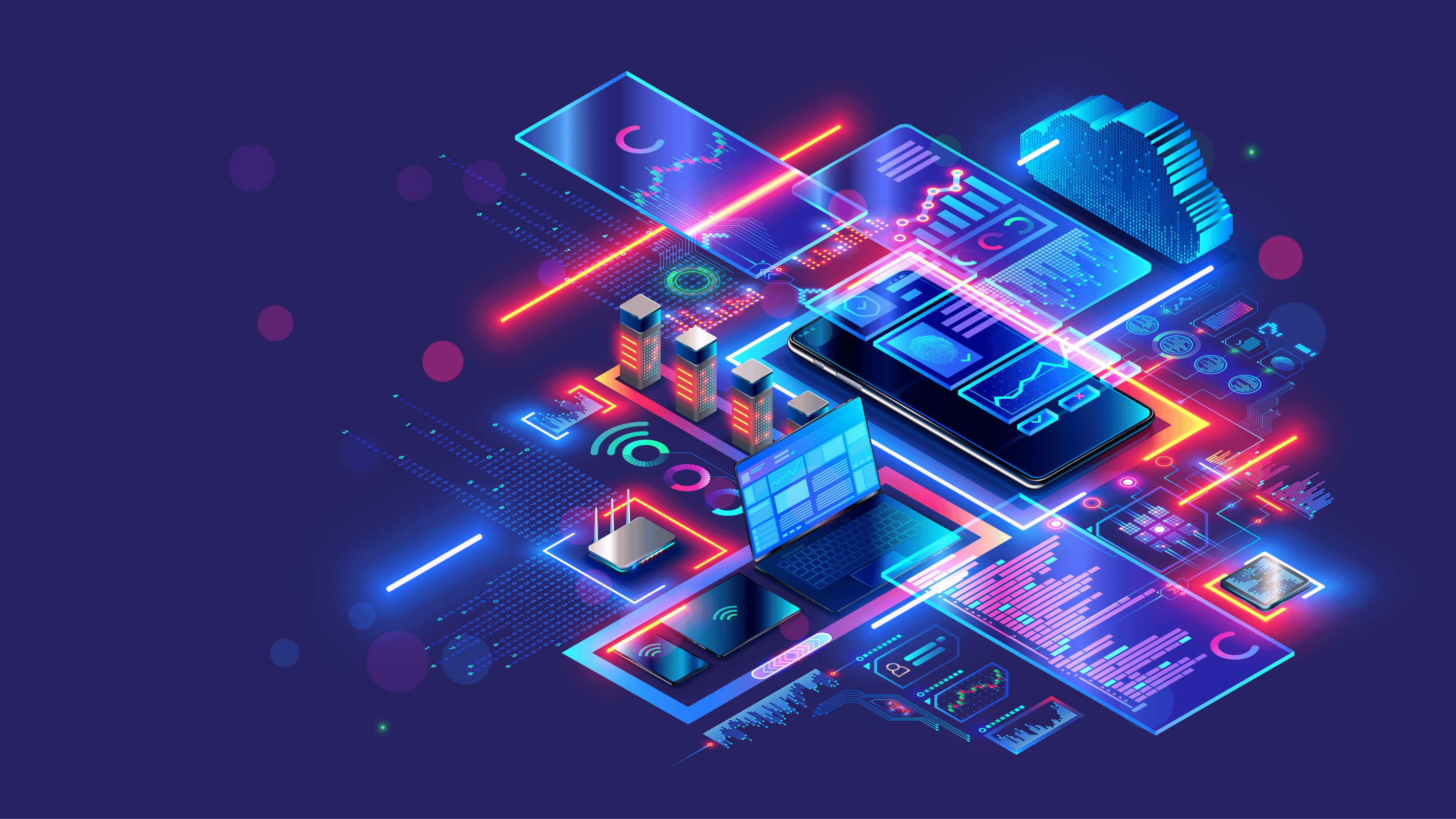Should I Keep My VPN On All the Time? Pros and Cons
Virtual Private Networks (VPNs) have become a cornerstone of online privacy and security, offering users a shield against various online threats and surveillance. However, one common question that often arises is whether it's necessary or advisable to keep your VPN turned on at all times. In this article, we'll explore the pros and cons of leaving your VPN on continuously.
Pros of Keeping Your VPN On
Continuous Protection:
One of the primary advantages of leaving your VPN running constantly is the uninterrupted protection it provides. With your VPN activated, all your internet traffic is encrypted and routed through secure servers, shielding your data from prying eyes, whether you're browsing the web, accessing online banking services, or using public Wi-Fi networks.
Privacy Enhancement:
By masking your IP address and encrypting your internet traffic, a VPN helps preserve your online anonymity and privacy. This is particularly important in today's digital age, where online tracking and data collection have become pervasive. Keeping your VPN on ensures that your online activities remain private and secure, regardless of your location or the network you're connected to.
Access to Restricted Content:
VPNs can also help bypass geo-restrictions and censorship, allowing you to access content and services that may be blocked or unavailable in your region. By connecting to servers in different countries, you can circumvent censorship measures and unlock a broader range of online content, including streaming services, social media platforms, and news websites.
Cons of Leaving Your VPN On
Potential Performance Impact:
While VPNs are designed to minimize latency and maintain optimal connection speeds, using a VPN can sometimes result in slower internet speeds, especially if you're connecting to servers that are geographically distant from your location. This slowdown can be negligible for everyday browsing activities but may be more noticeable for bandwidth-intensive tasks like online gaming or HD video streaming.
Increased Battery Usage:
Running a VPN continuously on your device can consume additional battery power, particularly on mobile devices like smartphones and tablets. Encrypting and routing all your internet traffic through a VPN requires processing power and network resources, which can lead to faster battery drain, especially on older devices with limited hardware capabilities.
Potential Compatibility Issues:
Certain applications or services may not work properly when accessed through a VPN, due to compatibility issues or restrictions imposed by the service provider. This can manifest as connectivity problems, error messages, or degraded performance for specific websites or online services. In such cases, temporarily disabling your VPN may be necessary to resolve the issue.
Conclusion
In summary, whether you should leave your VPN on all the time depends on your specific needs and preferences. While keeping your VPN activated ensures continuous protection and enhances your online privacy, it may also introduce some performance overhead and compatibility challenges. Ultimately, it's essential to weigh the pros and cons and determine the approach that best suits your individual requirements for privacy, security, and convenience.
By staying informed and making informed decisions about when to use your VPN, you can strike the right balance between security and usability, ensuring a safer and more secure online experience.


